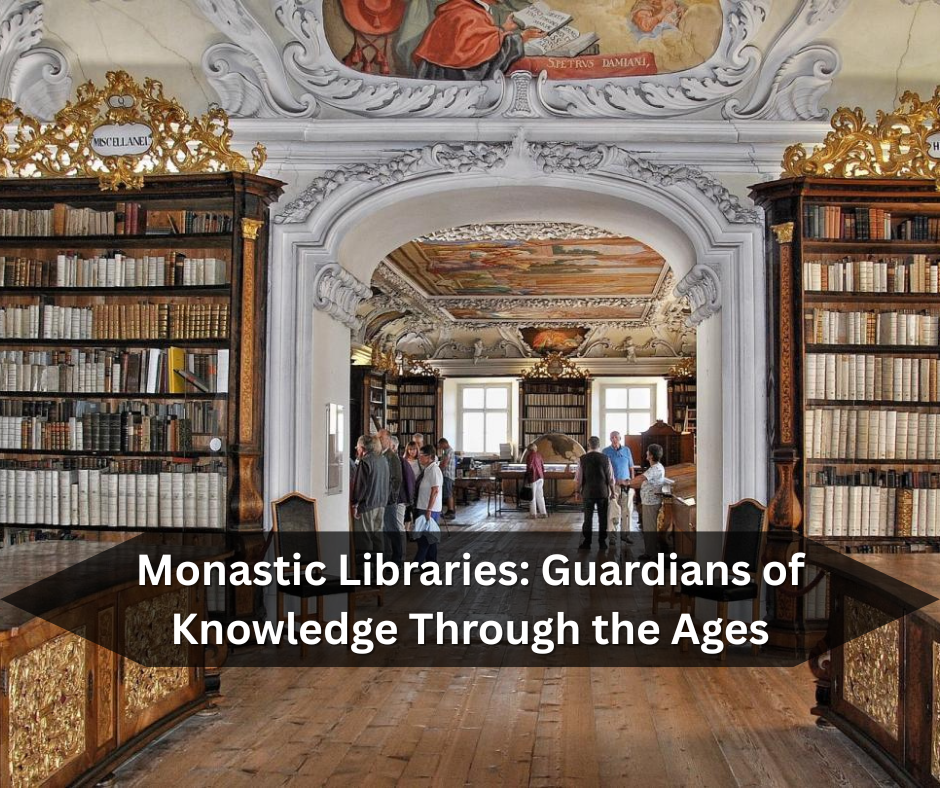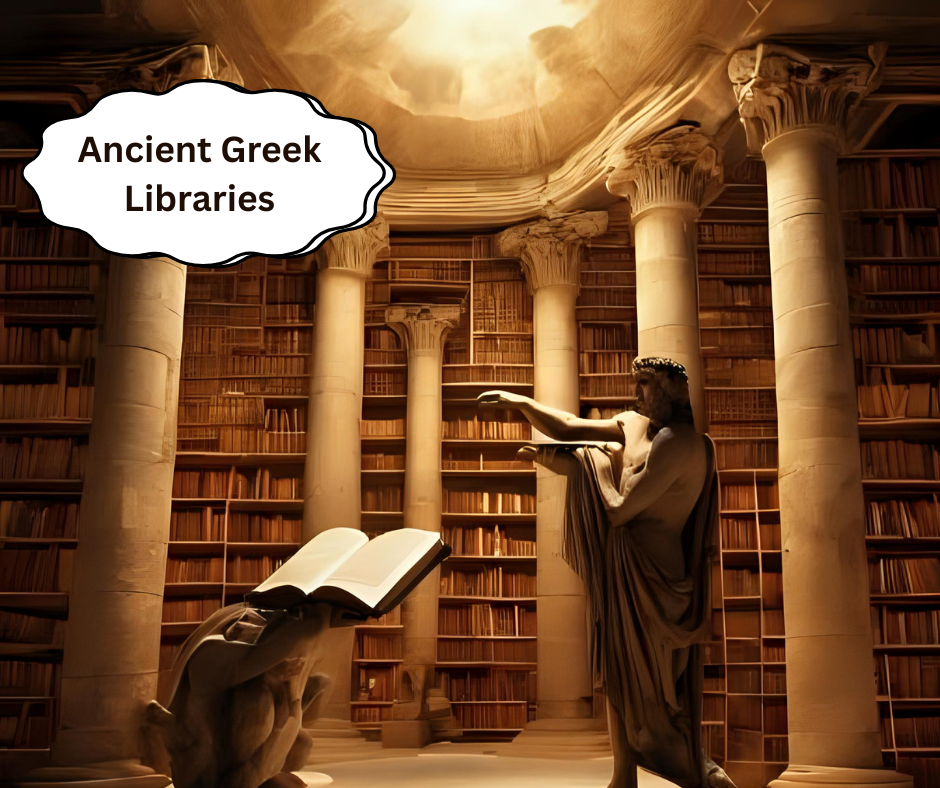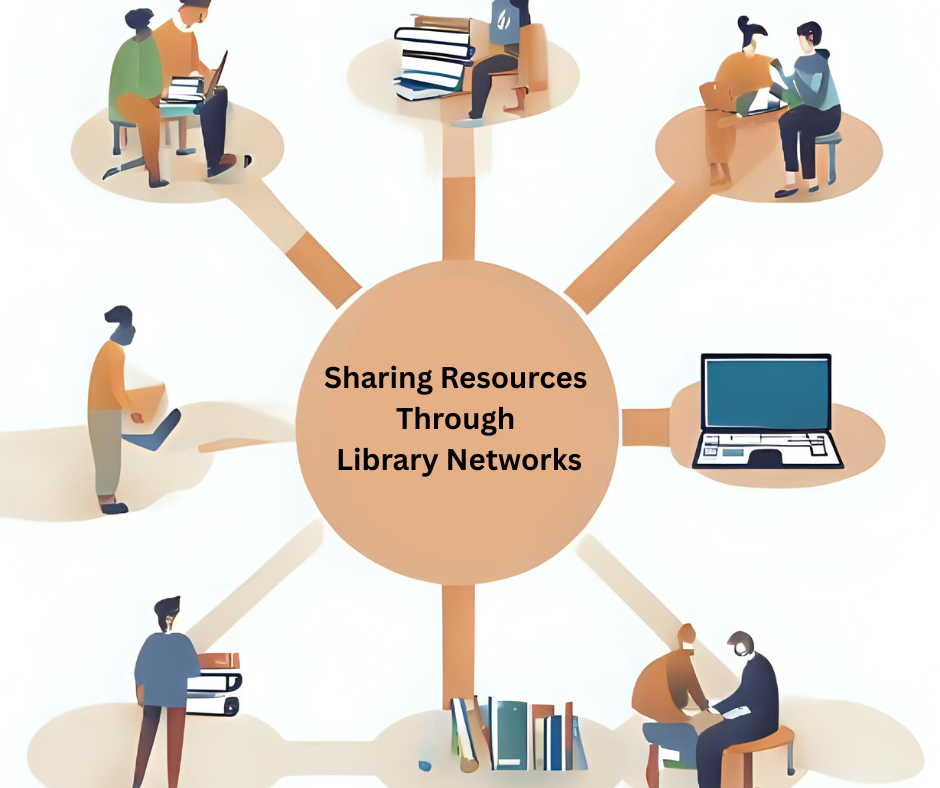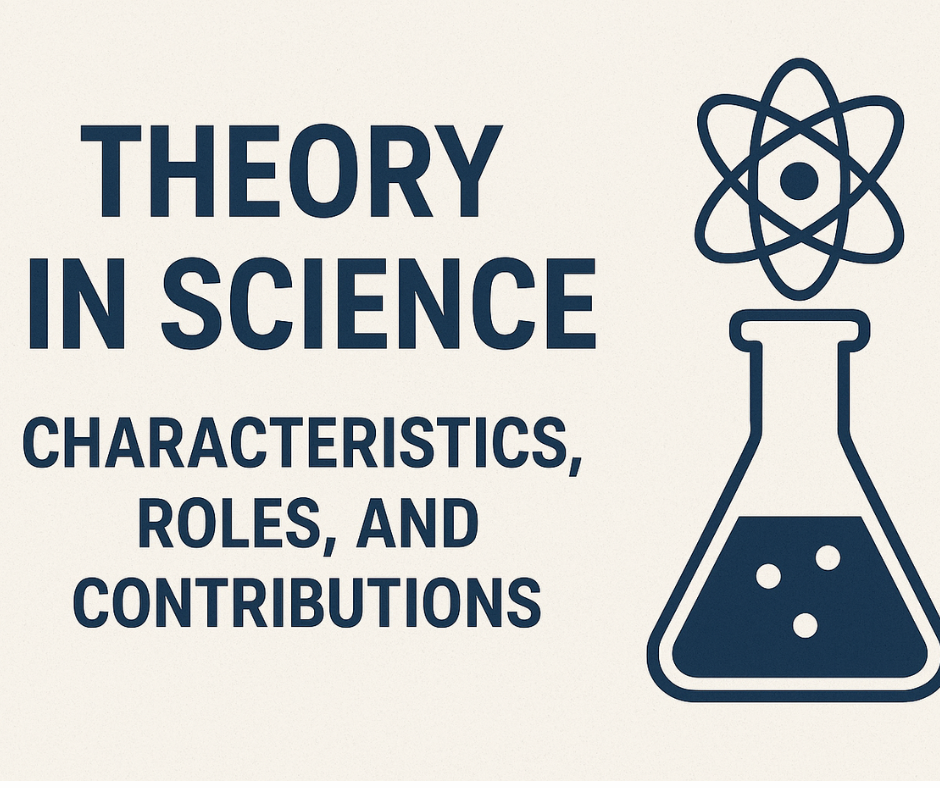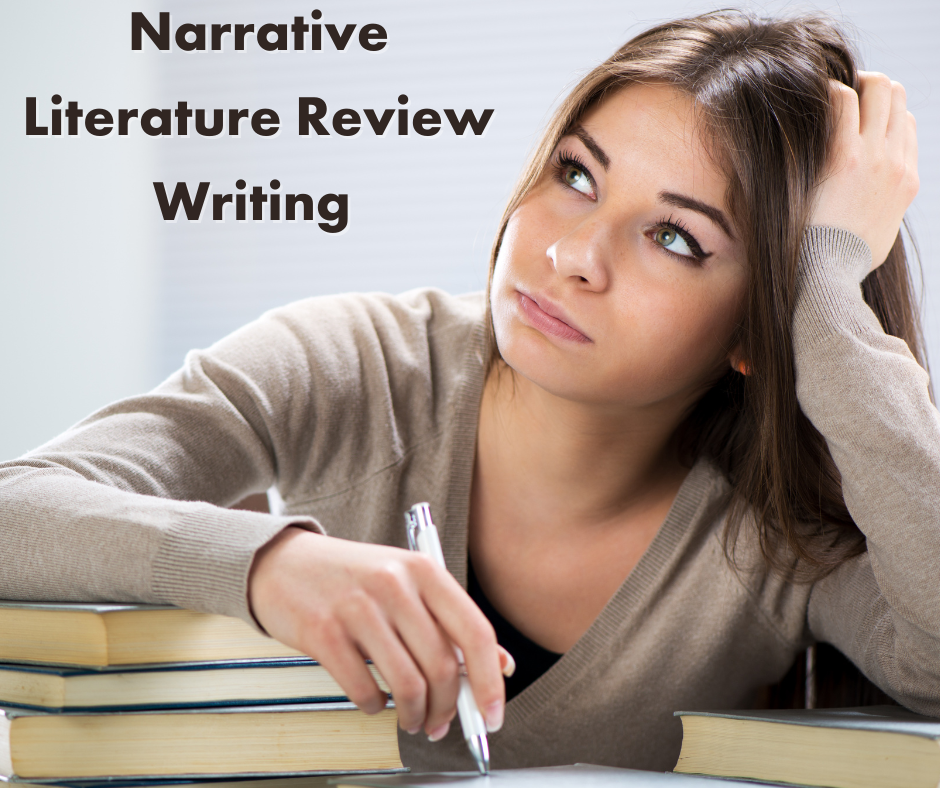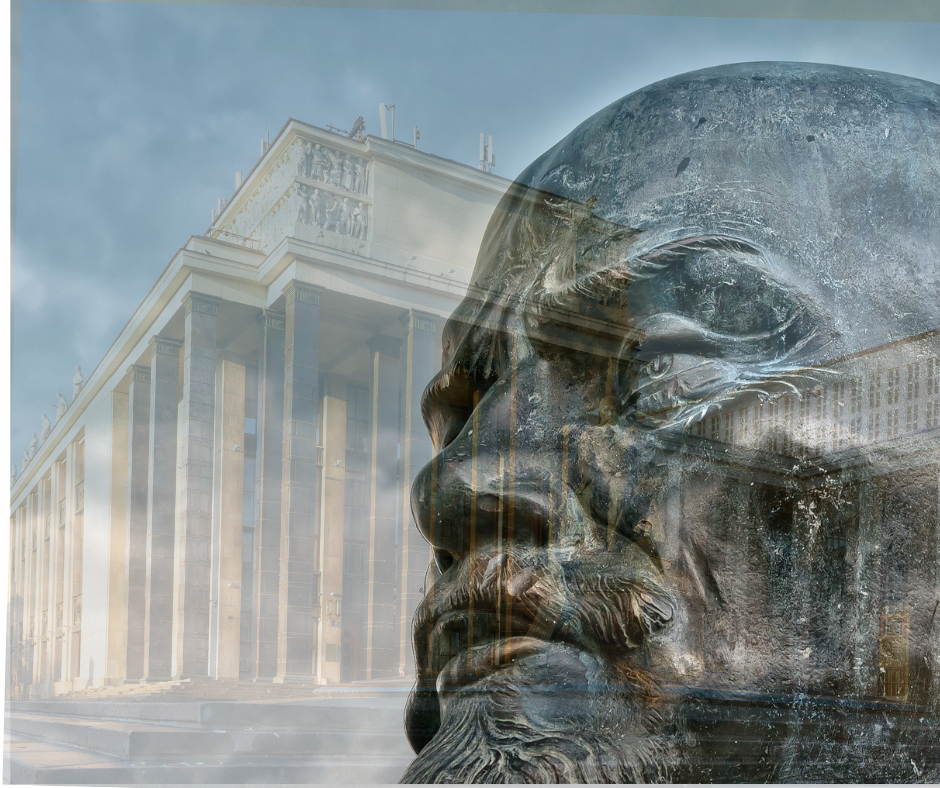Building Artificial Intelligence Literacy:Frameworks, Levels, and Competencies
A critical competency in our modern society, influencing various aspects of everyday life (Ali & Richardson, 2025). Understanding AI literacy is vital not only in academic settings but also in personal experiences, business operations, and workplace environments. This brief discussion aims to explore the concept of AI literacy, its different levels, its significance for individuals, […]
Building Artificial Intelligence Literacy:Frameworks, Levels, and Competencies Read More »


